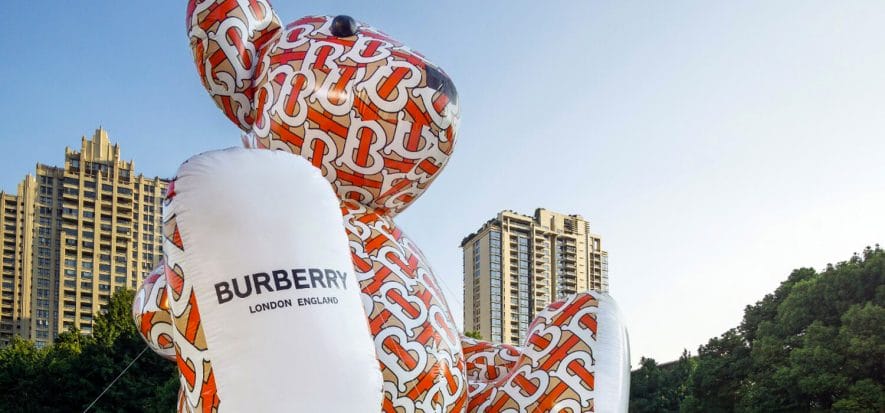Burberry are hanging in the balance between online, offline and bags. According to Chinese sources of information, since his appointment (in July 2017) chief executive officer Marco Gobbetti has reportedly visited all the stores, 498 of them, self-run by Burberry worldwide, to subsequently select the ones to be closed. Over the last 12 months, they eventually closed 19 stores: predictably, that will enable the brand to save up to 100 million pounds in 2019 financial year (from 1 April 2018 to 31 March 2019). As pointed out by Marco Gobbetti, this is going to be the first stage of the company’s long-term makeover plan: the aim is to place again both the brand and its commercial role to start a profitable expansion that is bound to become evident in the second half of the business year currently underway. Yet analysts wait and see, while striving to assess the positive effects of Burberry’s social booming: will that turn into augmented sales and revenues? For example, Andrea Felsted, analyst at Bloomberg, is expecting sales of bags, which are the most important business of the British brand, “to improve remarkably”. Ultimately, according to the Beijing Business Daily, Burberry are allegedly promoting discounts in their retail shops, applied on clothing, bags and scarves. An insider revealed that Burberry’s sales kicked off on November 17, as prices were off by 5 to 7% for 24 hours only. Analysts believe that such decision mostly depends on the fact that Burberry have a new fashion designer; hence, they want to empty their stores quickly to subsequently focus on their new products designed by Tisci.
Burberry’s new profile: fewer stores and lower costs, more social and (hopefully, say analysts) more bags










